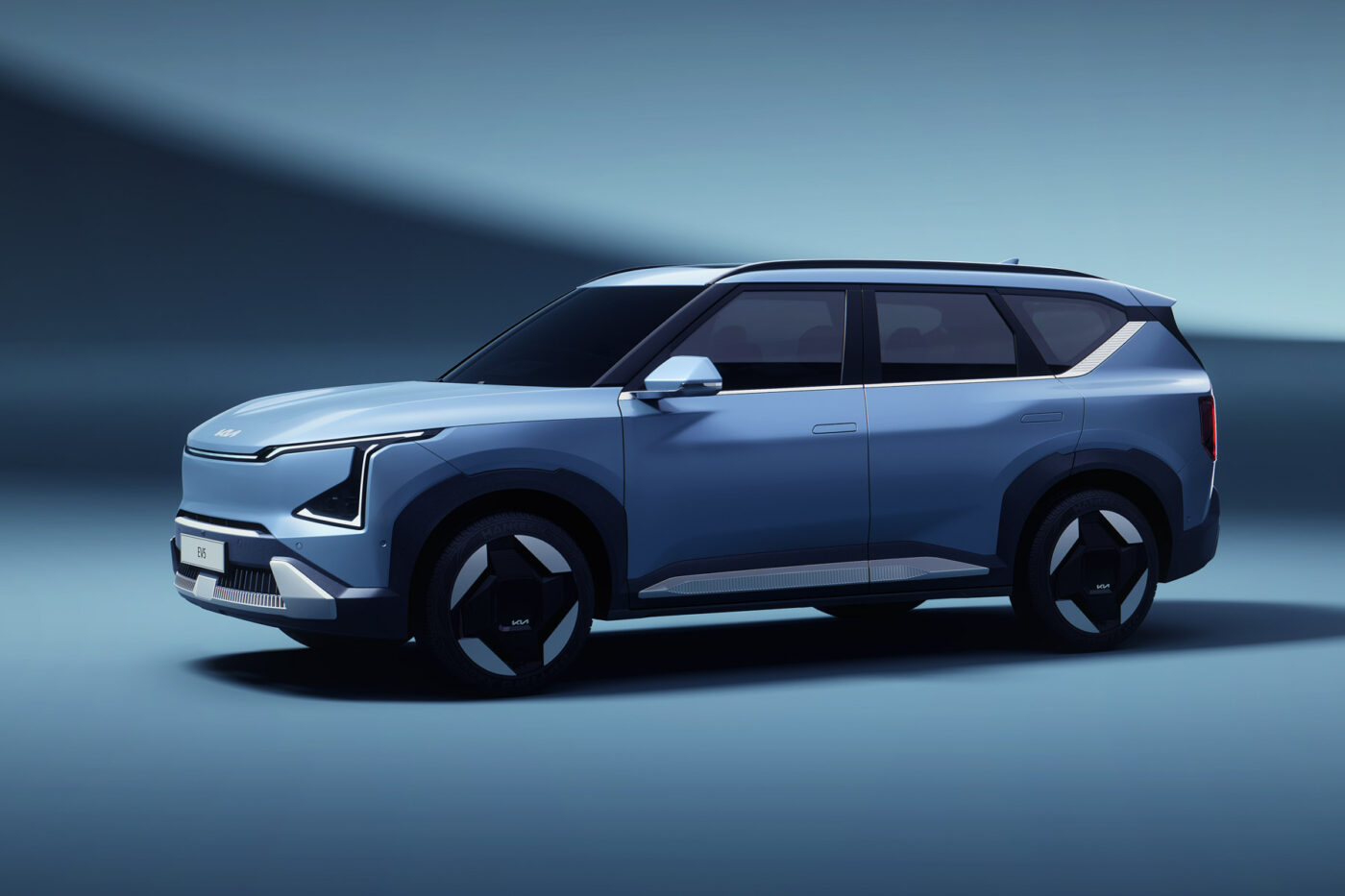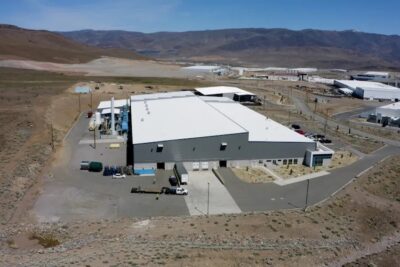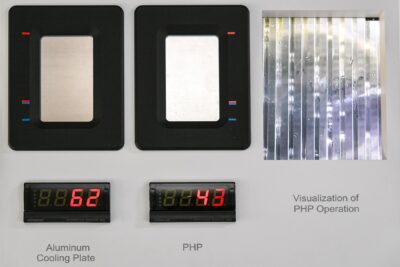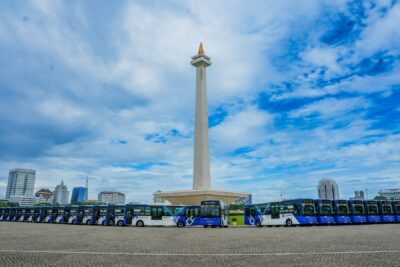Kia and Tesla could produce EVs in Thailand
The news agency Reuters first reported on the talks, citing government sources. According to the article, Kia could set up a factory for electric cars in Thailand. However, the carmaker is apparently looking for incentives in return. However, neither Kia nor the Thailand Board of Investment (BOI) would comment on the current status of the talks when asked by Reuters. However, the BOI had already stated in January that Kia was considering an investment in Thailand.
“They have a serious proposal that they’ve come with,” Reuters quotes one of its sources regarding Kia. “The ball is in their court.”
Kia is seemingly not the only carmaker interested in producing in the Southeast Asian country. The Thai government is also talking to Tesla about a possible electric car and battery production facility. According to the news agency, the US carmaker already conducted a site survey last year. This was also confirmed by an official from the prime minister’s office.
Although no specific locations are mentioned in the article, the Thai government is said to have offered Tesla the opportunity to supply the plant with 100 per cent green electricity. It is not known in either case when a concrete investment decision could be made – or how much could be invested.
Tesla has been looking to set up shop in the region. There have been rumours that the US manufacturer is looking to build a factory for its electric cars as well as for batteries in India. However, while there have been reports citing insiders, the information has yet to be officially confirmed.
About 2.5 million vehicles are produced in Thailand every year. The Thai government is pursuing the “30@30” target, according to which at least 30 per cent of local production should be accounted for by zero-emission vehicles by 2030. Thailand is geographically well-positioned to serve Asian markets, has nickel resources, and can process Indonesian nickel.
Numerous companies from the car and battery industry have already been lured with subsidies. At the beginning of March, BMW broke ground for a new production facility for high-voltage batteries at its Rayong plant to build a purely electric model in addition to combustion engines and plug-in hybrids. In addition, many companies from China have also decided to invest there due to Thailand’s subsidy policy. These include the SAIC brand MG, GAC Aion, Neta and Great Wall on the vehicle side and SVOLT, Gotion High-Tech and Eve Energy on the battery side.
reuters.com (Kia), reuters.com (Tesla)





0 Comments